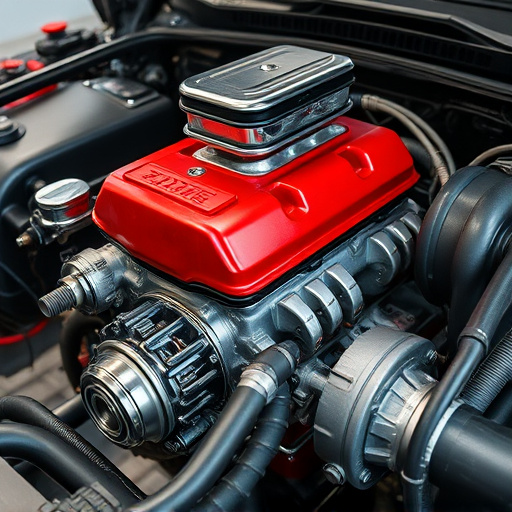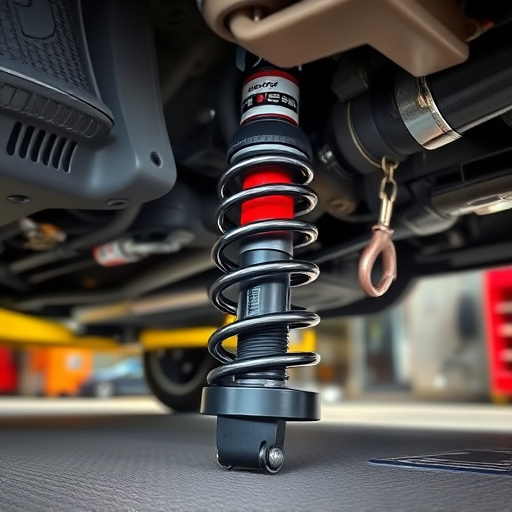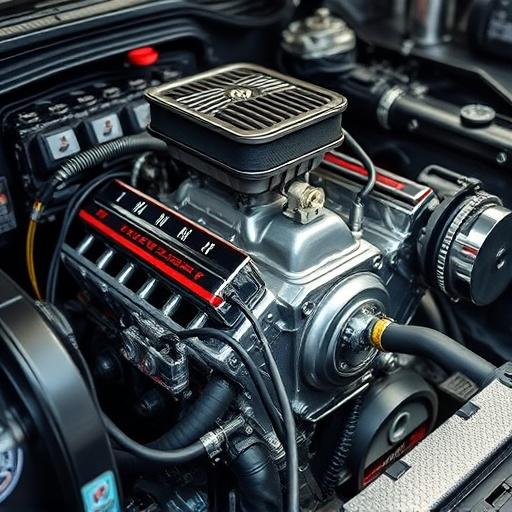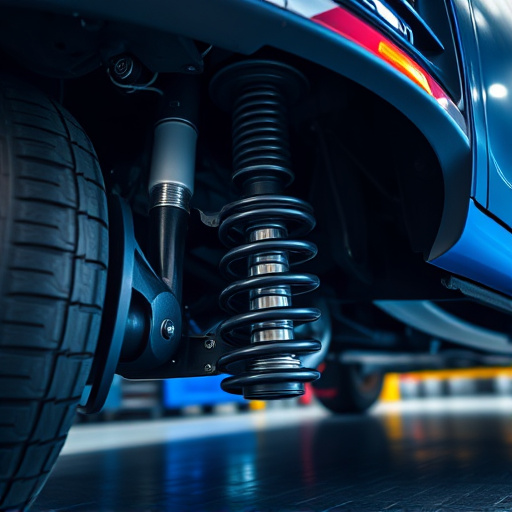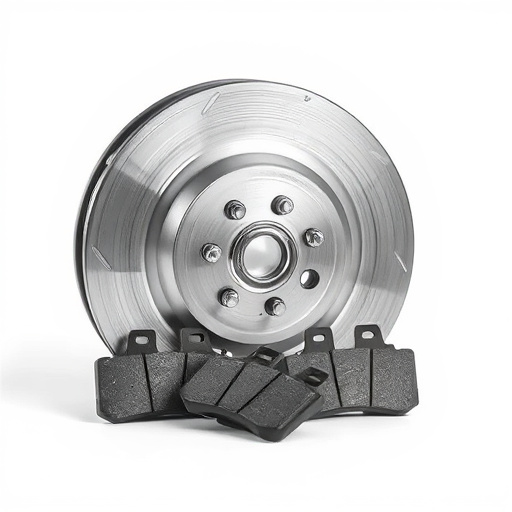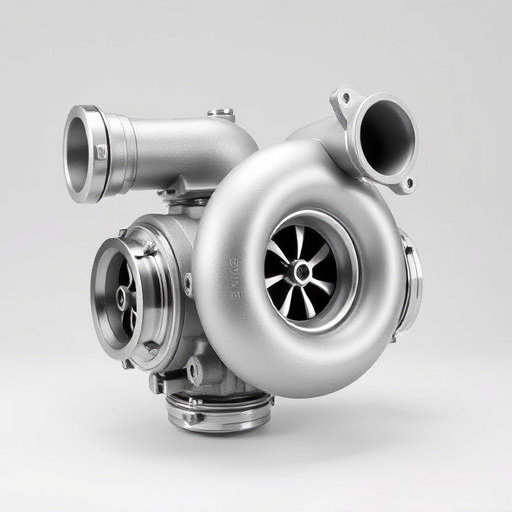A resonator delete is a popular modification for turbo vehicles, enhancing performance and sound by removing or altering the exhaust resonator. It improves turbo response times, creates a sportier exhaust note, and complements other upgrades like intake components and suspension kits. However, it may increase noise levels, cause emissions issues, and impact handling if not installed properly, requiring thorough testing and adjustments for optimal safety and performance.
“Unleash the full potential of your turbo car with a Resonator Delete mod—a popular performance upgrade. This article explores the concept, benefits, and risks associated with removing the resonator in turbo vehicles.
We’ll first provide a concise overview of what a resonator delete entails. Subsequently, discover how this modification enhances engine sound, power output, and fuel efficiency. Finally, we’ll discuss potential drawbacks, safety concerns, and important factors to consider before taking the leap.”
- Understanding Resonator Delete: A Quick Overview
- Benefits of Removing the Resonator in Turbo Cars
- Potential Risks and Considerations for Resonator Delete Mods
Understanding Resonator Delete: A Quick Overview
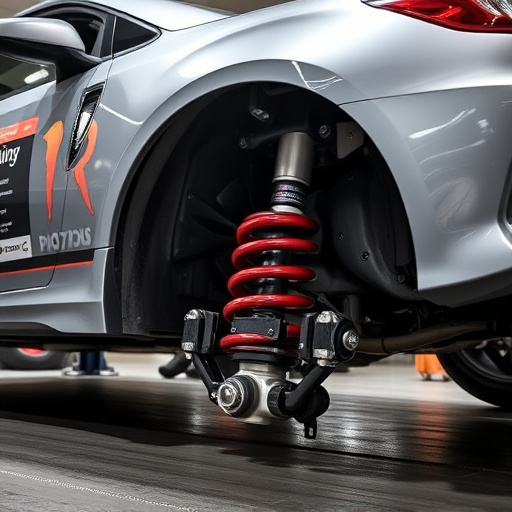
A resonator delete is a modification often undertaken by car enthusiasts looking to enhance their turbo vehicle’s performance and sound. This process involves removing or altering the resonator, a component found in the exhaust system, designed to reduce unwanted noise vibrations. By eliminating this part, drivers can expect a more aggressive and sporty exhaust note, a change that many turbo car owners find appealing.
This modification is not just about aesthetics; it can also influence the overall driving experience. With the resonator delete, drivers might notice improved response times from the turbocharger due to reduced backpressure in the exhaust system. This can be especially beneficial when upgrading intake components or installing high-performance suspension kits, as it optimizes engine performance and contributes to a more engaging drive. However, it’s crucial to balance these gains against potential risks, such as increased noise levels and possible emissions-related issues, which should be carefully considered before making this alteration.
Benefits of Removing the Resonator in Turbo Cars
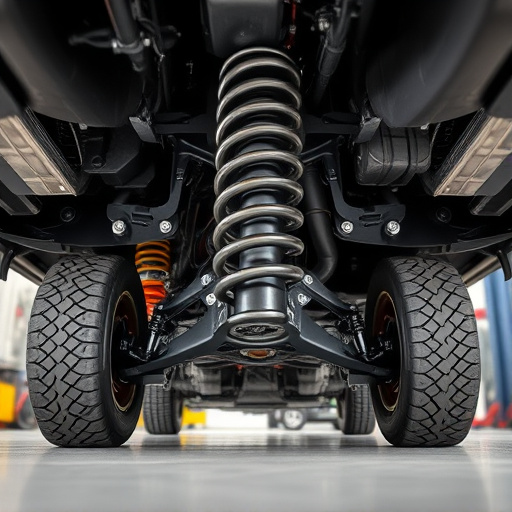
Removing the resonator in turbo cars can offer several advantages for vehicle enthusiasts seeking to enhance their driving experience. One of the key benefits is the improvement in engine sound, creating a more aggressive and sporty tone that resonates with many performance enthusiasts. Additionally, a resonator delete can lead to better performance by allowing for smoother air flow into the engine. With the removal of this restrictive component, turbo cars can achieve higher power outputs and improved torque, resulting in quicker acceleration and an overall more responsive driving dynamic.
This modification also opens up opportunities for upgrades to other essential components. For instance, installing high-flow performance air filters and optimising the intake system can further enhance engine performance. Furthermore, enthusiasts might consider upgrading suspension components and performance brakes to match the increased power, ensuring a well-rounded and safe driving experience while capitalising on the full potential of their turbo-charged vehicle.
Potential Risks and Considerations for Resonator Delete Mods
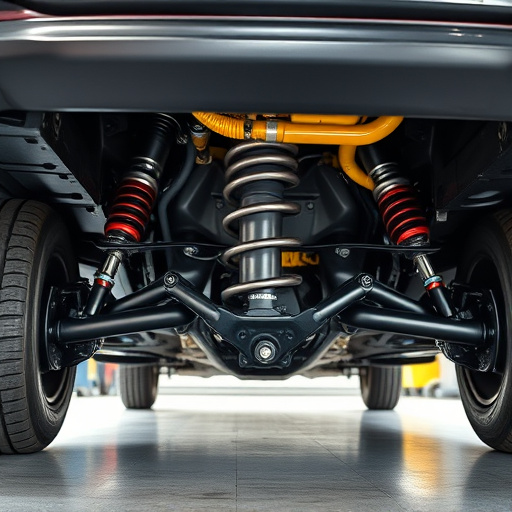
While a resonator delete can significantly enhance the sound and performance of your turbo car, it’s not without potential risks and considerations. One primary concern is the impact on engine noise levels; removing the resonator may result in a louder exhaust note, which could be disruptive to both passengers and bystanders. Additionally, improper installation or misalignment of the modified air intake systems can lead to performance issues, such as reduced power output and increased fuel consumption.
Another factor to keep in mind is the potential strain on other high performance parts, particularly the suspension kits. Changes in exhaust dynamics could affect driving stability and handling, especially at higher speeds. Therefore, thorough testing and adjustments are crucial before and after the modification to ensure optimal safety and performance.
The resonator delete modification offers both advantages and potential drawbacks for turbo car owners. By eliminating the resonator, drivers can expect enhanced engine sound and improved exhaust note, creating a more engaging driving experience. However, it’s crucial to weigh these benefits against the possible risks, such as increased noise levels and potential impact on vehicle reliability over time. Before proceeding with a resonator delete, thorough research and consideration are essential to ensure an informed decision that aligns with individual preferences and vehicle specifics.








